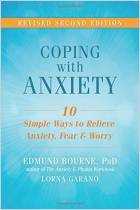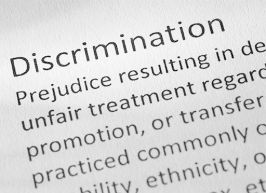Join getAbstract to access the summary!

Join getAbstract to access the summary!
Jessica R. Graham-LoPresti, Amber Calloway,, Tahirah Abdullah and Lindsey M. West
The Link Between Experiences of Racism and Stress and Anxiety for Black Americans
A Mindfulness and Acceptance-Based Coping Approach
Anxiety.org, 2017
What's inside?
Learn about the oft-forgotten impacts that racism has on mental health.
Recommendation
Many people consider racism primarily as social injustice. Yet victims of racism don’t suffer only from unequal access to resources and blatant discrimination. Many also internalize their negative external experiences and develop anxiety disorders as a result. This Anxiety.org blog post shines some light on this often-neglected aspect of racism. It describes the link between racist experiences and mental health issues, and provides coping strategies. You’ll benefit from the advice whether you are a victim of racism or want to offer support to someone who is.
Summary
About the Authors
Jessica Graham-LoPresti is an assistant professor in the department of psychology at Salem State University. Tahirah Abdullah is an assistant professor in the psychology department at the University of Massachusetts, Boston. Amber Calloway is a doctoral candidate at the University of Massachusetts Boston’s clinical psychology program. Lindsey West is an assistant professor in the department of psychiatry and health behavior at the Medical College of Georgia, Augusta University.
























Comment on this summary